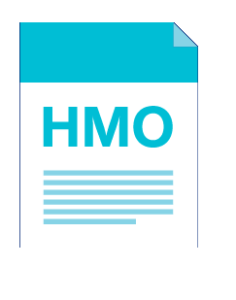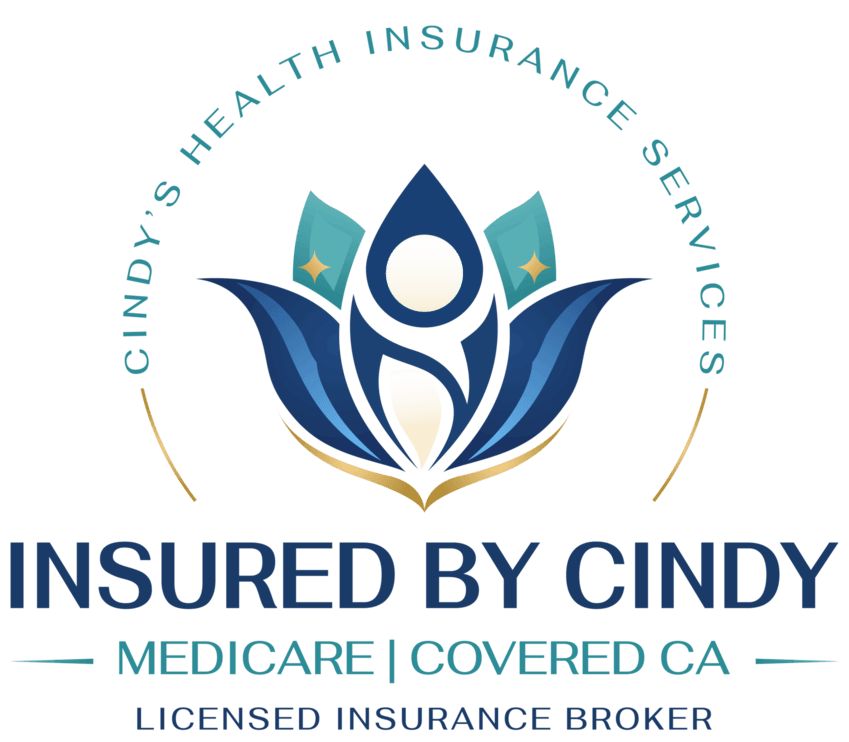 Medicare HMO plans have gained significant popularity as a managed-care choice in the United States. As per the Kaiser Family Foundation, around 30% of Medicare beneficiaries have opted for various Medicare Advantage plans.
Medicare HMO plans have gained significant popularity as a managed-care choice in the United States. As per the Kaiser Family Foundation, around 30% of Medicare beneficiaries have opted for various Medicare Advantage plans.
The appeal of Medicare HMOs lies in their ability to provide lower premiums. In certain plans, these premiums can even be as low as $0. However, it is important to note that enrollment in and payment for Medicare Part B is still required. Additionally, unless it is an emergency, treatment is typically limited to in-network providers.
What is a Medicare HMO?
Medicare HMOs, also known as Medicare-managed care plans, provide Medicare beneficiaries with access to their Medicare services by utilizing a network of doctors and hospitals for managing their care.
The insurance company has established contracts with specific doctors and physicians in your local area to create a network. It is your responsibility to choose a primary care physician (PCP) who will coordinate your healthcare.
If your PCP is unable to treat a particular health condition, they will provide you with a referral to see a specialist within the network. However, certain services such as preventive care, mammograms, and emergency visits may not require a referral. Additionally, some plans may not require referrals for specialty care.
It is important to note that Medicare HMO plans do not replace Part B. In order to enroll in a Medicare HMO, you must first be enrolled in both Medicare Parts A and B. Furthermore, you must reside within the service area of the plan.
By enrolling in a Medicare HMO, you are agreeing to receive your healthcare services through the plan’s network, except in emergency situations. Some plans may offer an HMO-Point of Service (POS) feature, which combines elements of both HMO and PPO plans. With a POS plan, you may have the option to see providers outside of the network for certain healthcare services and specific circumstances, such as when you are traveling. It is important to verify with your plan how their POS feature operates, as it can vary.

Common Features
Medicare HMO applications do not require any health questions. In the past, Medicare Advantage plans used to ask one health question, specifically about end-stage renal disease. However, this question has been removed now.
In some areas, the premiums for Medicare HMO plans may be lower compared to Medigap plans. In fact, certain plans in certain areas may even have a $0 premium. Nevertheless, it is crucial to review your Annual Notice of Change letter every fall as premiums can change from year to year. This letter will inform you about the upcoming changes in the Medicare HMO plan for the following year.
With Medicare HMO plans, you are required to seek care from a local network of healthcare providers and hospitals, except in emergency situations. Many plans will ask you to select a primary care physician who can coordinate referrals to specialists when necessary. Some insurance companies also offer HMO-POS plans, which may provide out-of-network services at higher copays.
Medicare HMO plans often include Medicare Part D drug plans. It is important to check the plan’s drug formulary to ensure that your medications are covered. In terms of payment, you will be responsible for co-pays or coinsurance as you receive services. Each plan has a benefit summary that outlines the maximum amount the provider can charge for specific services. Co-pays may vary for different services such as doctor’s visits, lab work, and inpatient hospital care.
It is worth noting that there may be annual changes to the benefits formulary, pharmacy network, provider network, premium, and/or co-payments/co-insurance. These changes typically occur on January 1 of each year. Therefore, it is essential to thoroughly review plan changes from year to year.

Medicare HMOs typically represent the most stringent form of Medicare Advantage plan. Out-of-network benefits are only applicable in emergency situations. All Medicare Advantage plans come with specific limitations and restrictions that must be adhered to.
Many clients frequently inquire about the best Medicare Advantage plan, but the answer isn’t always straightforward. Selecting the most suitable Medicare Advantage plan is a highly personalized decision. What works perfectly for one individual may not be ideal for another, especially if their doctor is not within the plan’s network. While one plan may offer excellent prices for diabetes medications, it may not be as beneficial for someone with different prescription needs. The initial step in finding the right plan is to review your doctors and prescriptions.
Medicare assigns star ratings to Medicare Advantage plans, with feedback from current members playing a significant role in determining these ratings. While a five-star rating is the highest, it is relatively rare. Plans with 3 or 4 stars are more common. If a plan has a rating below 3, it is required to inform its members, who then have the option to switch plans during the year.
Takeaways
1. Several HMO plans feature affordable premiums, some even as low as $0.
2. With Medicare HMO plans, out-of-network benefits are not provided unless it is an emergency situation.
3. A number of HMO plans come with an integrated Part D drug plan.
4. It is essential to review plan changes annually as your plan benefits may vary from year to year.
 Mario Arce
Mario Arce
I have been working with Medicare clients since 2016. I serve California members in San Bernardino & Riverside county.

